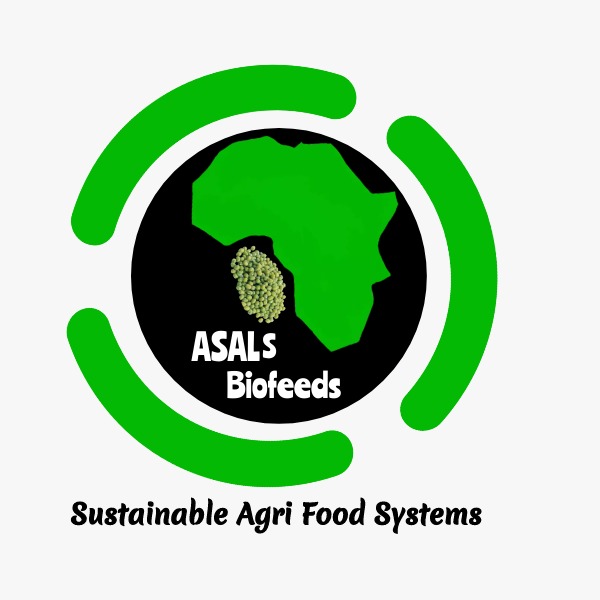Supporting pastoralists and agro-pastoralist farmers enhance Food security in different Value Chains in Africa
The role of the private sector in supporting communities achieve the Sustainable Development Goals through climate Action and regenerative agriculture has been emphasized globally. Concerning agriculture-related goals, the challenges already facing African farmers include lack of quality farm input, lack of a common platform where small holder farmers for knowledge sharing, climate change, lack of knowledge on good agricultural practices and low business skills. The global lack stable income, increased economic uncertainty, supply chain disruptions has led to food security concerns. This has given even more urgency to the need for increasing and sustaining private investment in Africa’s agriculture.
As part of Food Security response in Africa, ASALs Biofeeds launched a Virtual Agribusiness platform that aims to bring together pastoralists and agro-pastoralist farmers for business acceleration, market and financial linkages to support their growth objectives. KARLO selecta App is then downloaded in the farmers mobile phones who disseminate real time data on weather changes, vegetation cover, business activities, water points and livestock body conditions which aid in making informed decision on good agricultural and business practices. Data is then analyzed by an investment facilitation team that analyzes data and generates reports to support in making business and agricultural informed decision.
Supporting the youth to Feed the World
60 percent of Africa’s population is composed of youth below 25 years. While current job growth has not kept pace to maximize the potential of this human capital, it is clear that the youth population can stimulate economic development if there is intentional investment in boosting innovative opportunities. ASALs Biofeeds network is supporting youth engagement in agribusiness and other innovation in business acceleration.
By supporting the businesses with the right skills, improved access to credit and an enabling environment, the Programme is not only helping young people become the proud owners of profitable agribusiness enterprises and driving force of agricultural transformation in Africa, but also helping to address such serious social issues as the rural migration and soaring youth unemployment.
Gender Inclusivity
By investing in gender inclusion, businesses can generate opportunities for women while also furthering their business objectives. In this regard, ASALs Biofeeds has designed and Value designed to pilot a holistic framework for gender inclusion in enterprise development aimed at testing the impact of gender inclusion on business performance. The approach first hones in on business challenges, and then designs practical, measurable solutions with a gender lens for business development. Gender inclusivity will provide members with critical financial, educational, and business support services to small and growing businesses (SGBs) based on the conviction that SGBs will create jobs, stimulate long-term economic growth, and produce environmental and social benefits.
Our activities towards this inclusivity are geared towards ensuring country structures, systems and networks that:
- Understand and address specific needs of women, men, youth, smallholder farmers and food-poor populations
- Foster equitable participation for women, men and youth
- Confer benefits equitably
- Ensure accountability for shared prosperity
- Increasing performance of women farmers and agricultural SMEs by addressing gendered constraints
- We are unleashing entrepreneurial capacity of youth to transform agriculture and increase employment
- We are enhancing accountability for shared prosperity for disadvantaged smallholder farmers and food poor.
We increase performance of women by:
- Supporting systems to increase women farmers’ access to inputs, finance and extension services, digital services and technology.
- Growing women’s agribusinesses through access to business capital, social capital and knowledge capital, digital and technology services.
- Improving access to regional and global markets through access to market information and trade finance.
- Amplifying voice and advocacy through inclusive evidence‐based policies and incentives, through representation, structures and networks.
